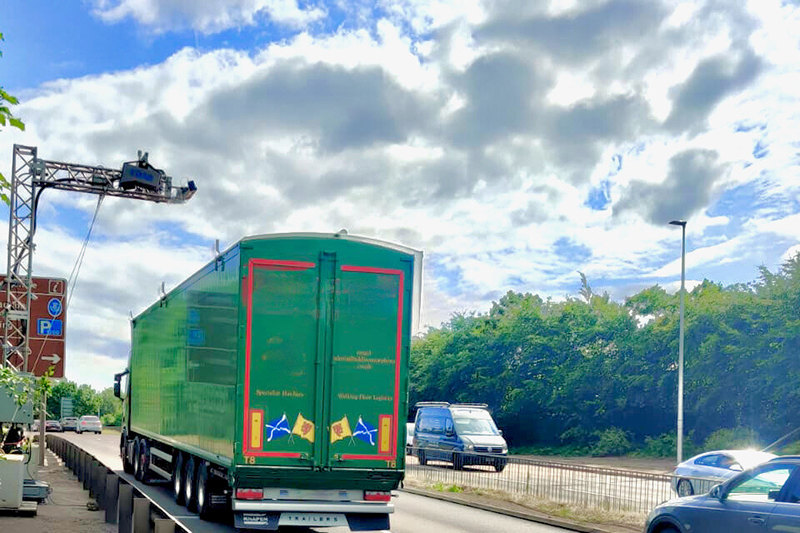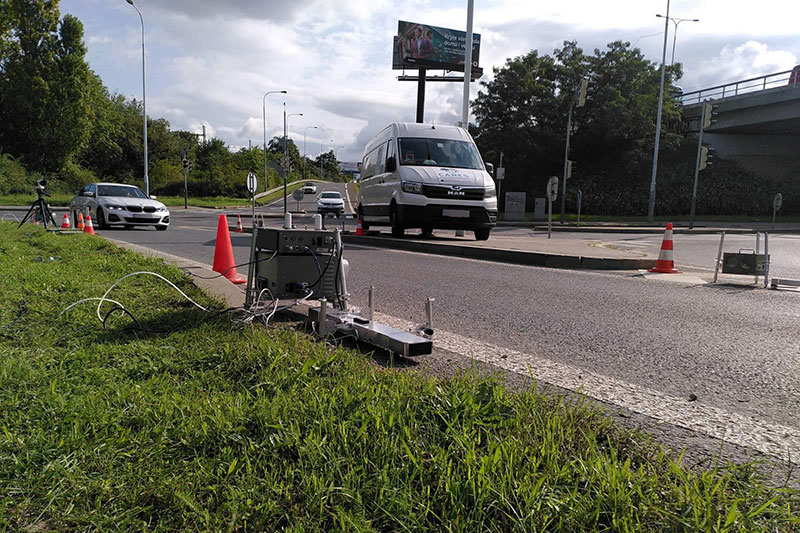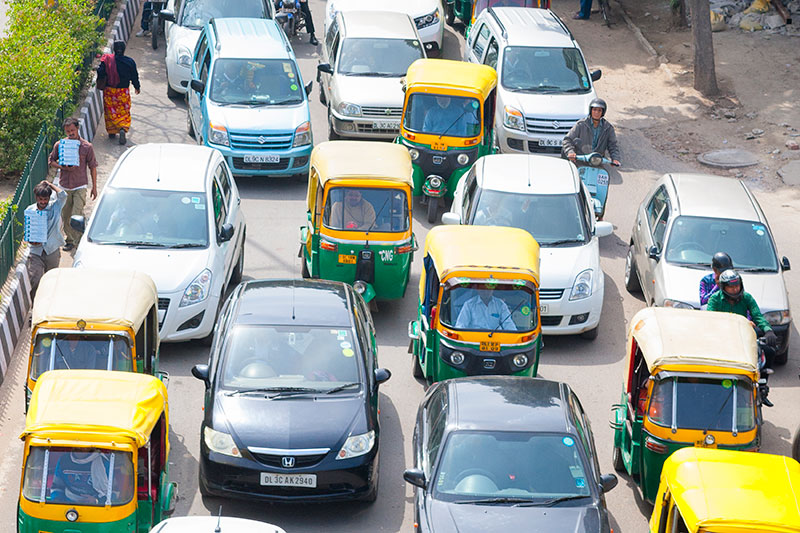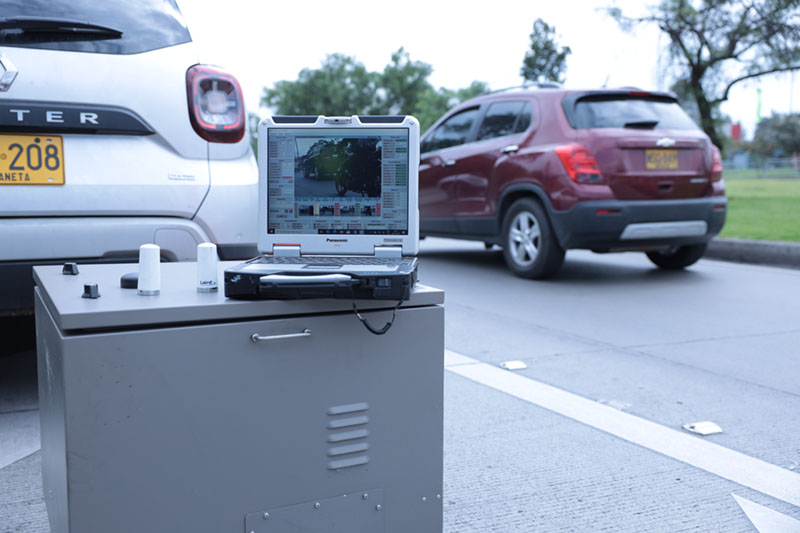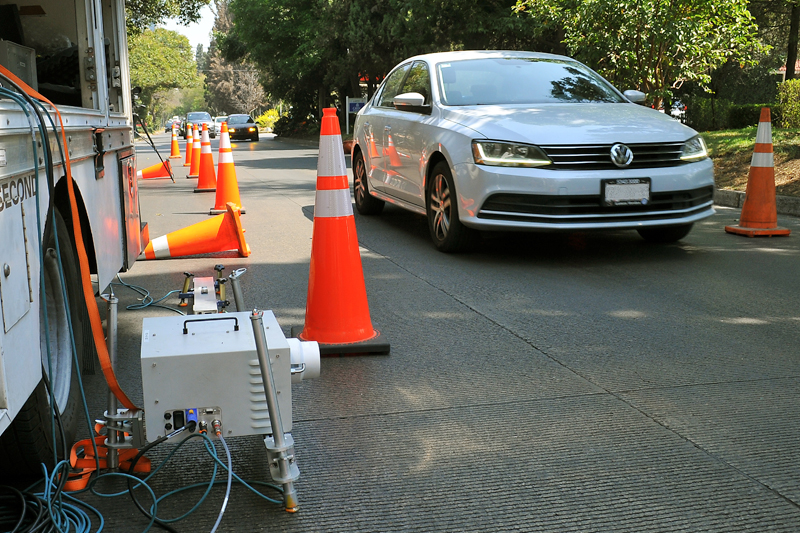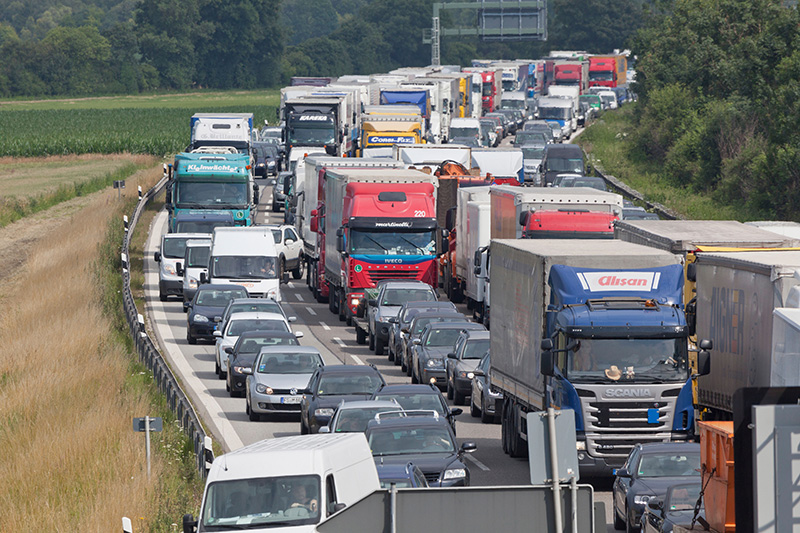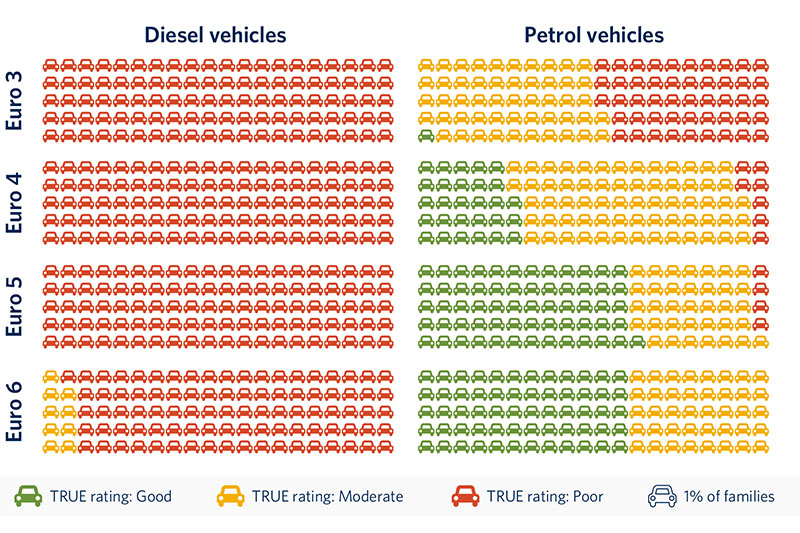Data from the TRUE initiative crucial for cutting emissions
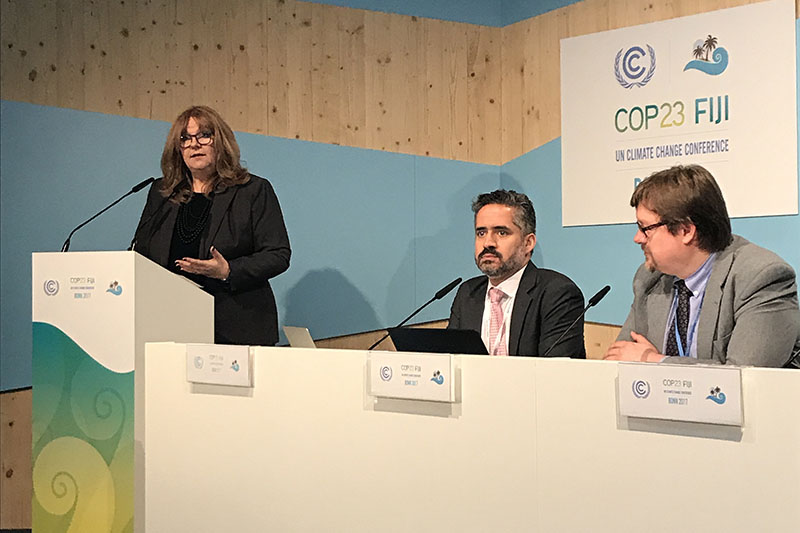
The TRUE initiative exists to make sure vehicle emissions policy is based on real-world performance rather than laboratory tests, which often drastically under estimate the emissions impact on the road.
This difference can result from issues with the vehicle, or even driver behaviour, but it can also - as the ‘dieselgate’ scandal showed - be due to cheating by manufacturers during emissions tests. At the same time our cities are choking from poor air quality and pollution, a sizeable share of which comes from vehicle emissions.
At an official COP23 side event during COP23 in Bonn, hosted by the Institute for Transport and Development Policy (ITDP) and International Transport Forum (ITF), Sheila Watson, Deputy Director of the FIA Foundation, and Director of Environment and Research, highlighted the massive gap between the tested and real world emissions for both NOx emissions which are harmful to health, and CO2, which contributes to climate change.
Encouraging diesel vehicles has been part of the strategy for reducing CO2 emissions over the past decade in some countries. There are concerns at what dieselgate, and the resultant falling diesel vehicle sales might mean for the battle against CO2. In fact Diesel vehicles can have low CO2 and NOx emissions in real world conditions – if clean diesel technology is used. Recent research has also shown that hybrid vehicles are now more cost effective in terms of cost per g/CO2 saved than diesel.
Global data on the health impacts of real world NOx emissions was published earlier this year by the International Council of Clean Transportation (ICCT), a key partner in the TRUE initiative. This data, shows the true scale of the issue; the global diesel fleet produces 50% more NOx emissions than stated in laboratory testing resulting in 38,000 deaths worldwide. 80% of these health impacts are felt in China, India and across Europe. The good news is that 90% of future health impacts are preventable if proper enforcement and standards are put in place now.
Real-world data is the key tool in addressing this emerging air quality crisis in cities. Full and transparent data about real world emissions can aid policymakers and inform consumers.
That is why TRUE (The Real Urban Emissions Initiative) is undertaking roadside testing of vehicles in London and Paris. Presenting work on this pioneering testing at COP23, Sheila Watson explained how remote sensing is used to measure the actual emissions of vehicles on city roads. This transparent and innovative approach allows for the collection of a large quantity of data. By the end of the first phase, there will be a database of over 1 million data points, which will provide invaluable information for both policy makers and consumers.
